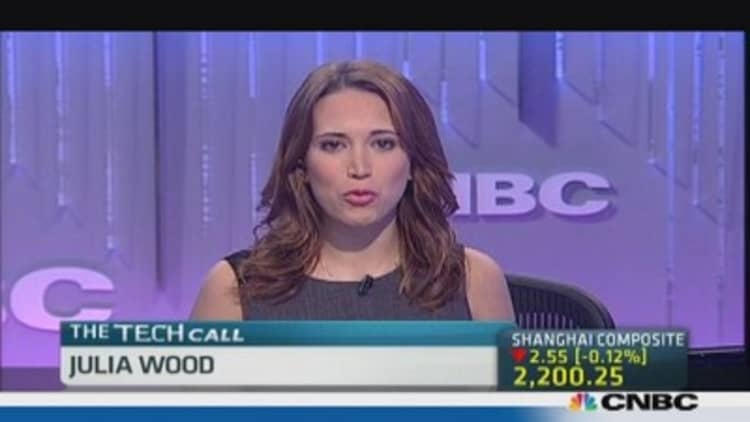
European financial watchdogs have sounded the alarm over the risks consumers run by using virtual currencies such as Bitcoin, which has fluctuated between $340 and $1,240 in the past week.
The European Banking Authority will on Friday issue a statement warning of the risk of "violent fluctuations in electronic currencies" value, the danger of "digital wallets" being hacked, and of the lack of legal protections for users.
(Read more: Big bitcoin: Wall St., Silicon Valley take notice)
The move comes as authorities worldwide try to get to grips with the rapid expansion and soaring value of unregulated cyber currencies.
The People's Bank of China this month ruled that Chinese banks should not process or insure Bitcoin transactions , in a step towards regulatory oversight of a currency that has exploded in popularity – and in value – in recent months.
Other central banks have been more positive, with Ben Bernanke, the US Federal Reserve chairman, last month arguing they can be useful if money laundering can be prevented.
While investors have enthusiastically adopted virtual currencies, authorities are worried the phenomenon is also fostering increased criminality focused on hacking online platforms and accounts, bribery, money laundering, or the purchase of illicit drugs or weapons.
(Read more: Is Bitcoin the fad of all fads?)
The EBA notice was only the second consumer warning the London-based authority has issued, and comes as EU watchdogs consider whether they should introduce new regulations to govern the area.
The EU's supervisors said they wanted to highlight "possible risks" associated with the purchase, holding or trading of virtual currencies.
Among them are the danger that a consumer's digital wallet on their computer or smartphone is hacked, the watchdog said, citing cases of virtual currency worth more than $1 million being lost with little prospect of the investor retrieving their money.
(Read more: Don't rule out a ban on virtual currencies: Peercoin)
Exchange platforms used to trade the currencies could suddenly go out of business or be hacked, the EBA added, meaning a customer could permanently lose access to their currency. A platform could also be closed by law enforcement agencies pursuing money launderers, the regulator pointed out.

Unlike normal bank accounts, virtual currency holdings are not protected by deposit guarantee schemes, meaning there may be no recompense for people who lose out, the regulators warned. Using it to pay for goods or services means a shopper is not protected by refund rights under EU law, and incorrect debits from a digital wallet cannot necessarily be reversed.
More from the Financial Times:
Bitcoin start-up raises $25m in funding
Bitcoin fueling rise in cyberattacks
Silicon Valley catches Bitcoin fever
The notice to consumers also pointed out that virtual currencies could lose value permanently if they fall out of fashion and are supplanted by a rival currency. Big gains could be subject to capital gains tax, on the other hand.
Bitcoin was created in 2009 by an unknown developer and has become the subject of increased speculative trading in 2013.
"If you buy virtual currencies you should be fully aware and understand their specific characteristics," the EBA notice said. "You should also exercise the same caution with your digital wallet as you would do with your conventional wallet or purse. You should not keep large amounts of money in it for an extended period of time, and ensure you keep it safe and secure."

